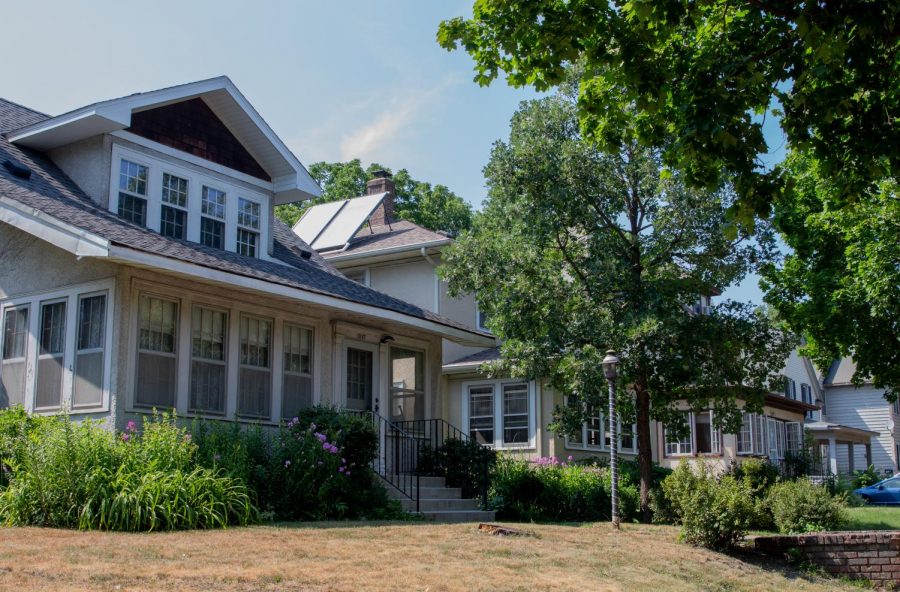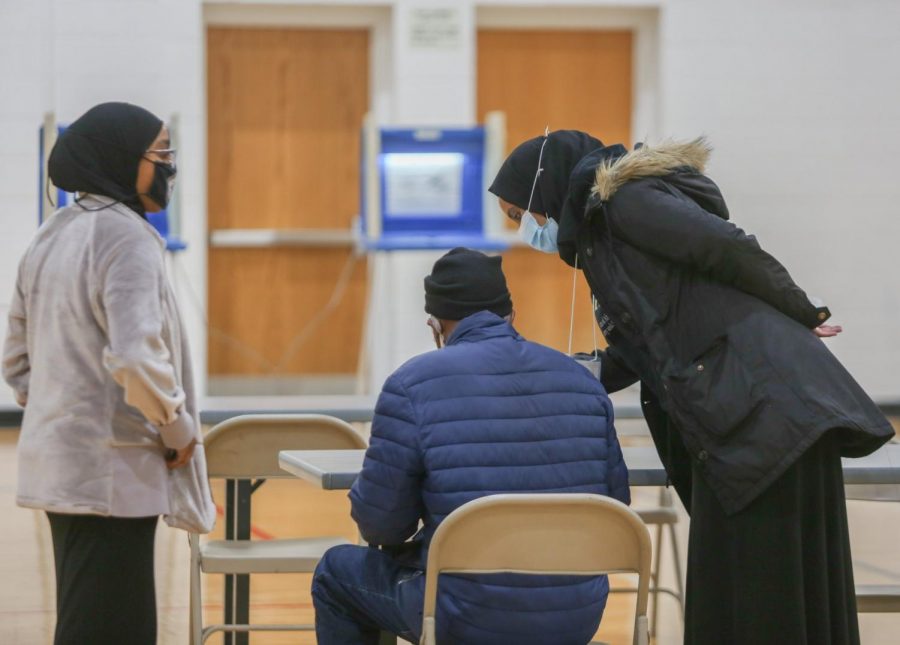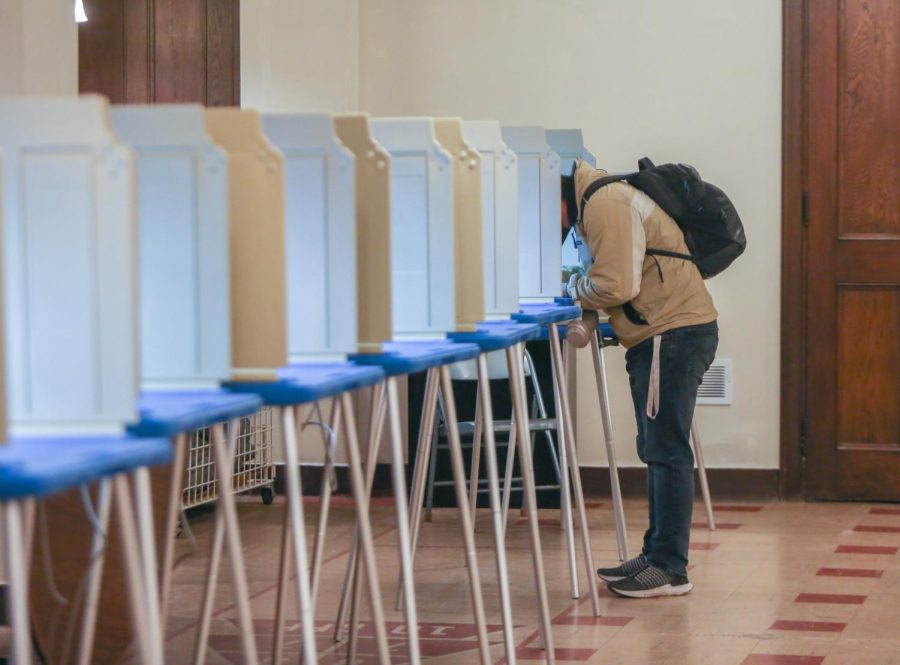On Nov. 2, Minneapolis citizens can vote on whether there should be a cap on rent increases. Here’s what that means.
Currently in Minneapolis, there are no limits on rent increases or requirements for landlords to provide justification. In order to implement rent control in the city, voters must vote to propose changes to the city charter. If approved, the city question would allow the Minneapolis City Council to create rent control legislation.
The City Council would be able to impose rent regulations by passing them or by putting them on a future ballot for voters to decide. The language of those potential regulations would be determined after the Nov. 2 election.
In previous drafts, there was an additional question that would allow voters to petition the City Council to create rent control initiatives. Mayor Jacob Frey vetoed this draft.
Holly Testerman is a graduate student at the University of Minnesota who lives in an apartment off campus.
“I still have an hour-long commute to school by bus because this is the only apartment I could afford,” Testerman said. “This is why I think rent control is important. People my age, students, we can barely afford living right now. We have to keep the cost of rent from outpacing our wages.”
In St. Paul, citizens will be able to vote on a similar rent control ordinance on the November ballot that would cap yearly increases at 3%.
“The area median income for an individual is $73,500 in this metro area,” emailed Edward Goetz, director of the Center for Urban and Regional Affairs (CURA) and a University professor in the Urban and Regional Planning Area. “For someone who makes half of that, only 17% of Minneapolis rental vacancies are affordable.”
For students who live on campus in University-owned or managed housing, their rent will likely not be affected by Minneapolis rent control ordinances.
“Student housing contracts and housing costs are determined by the University through the Board of Regents, and are generally not subject to municipal regulations such as a potential rent control ordinance,” University Housing and Residential Life emailed in a statement to the Minnesota Daily.
It clarified that the University owns Keeler Apartments, Wilkins Hall and Yudof Hall, while Radius Apartments are managed jointly by the University and the apartment owners under a master lease.
“Rent control ordinances only regulate rent increases. They do nothing about income or income inequality,” Goetz wrote. “It is not a substitute for creating more affordable housing, but it can work to preserve existing affordable housing.”
A CURA study shows that rent costs in Minneapolis increased up to 2.5% in the year prior to the COVID-19 pandemic. Another study by the National Low Income Housing Coalition shows that, in Minnesota, over 80% of extremely low income renter households are cost-burdened, meaning 30% or more of their income is dedicated to paying rent.



















